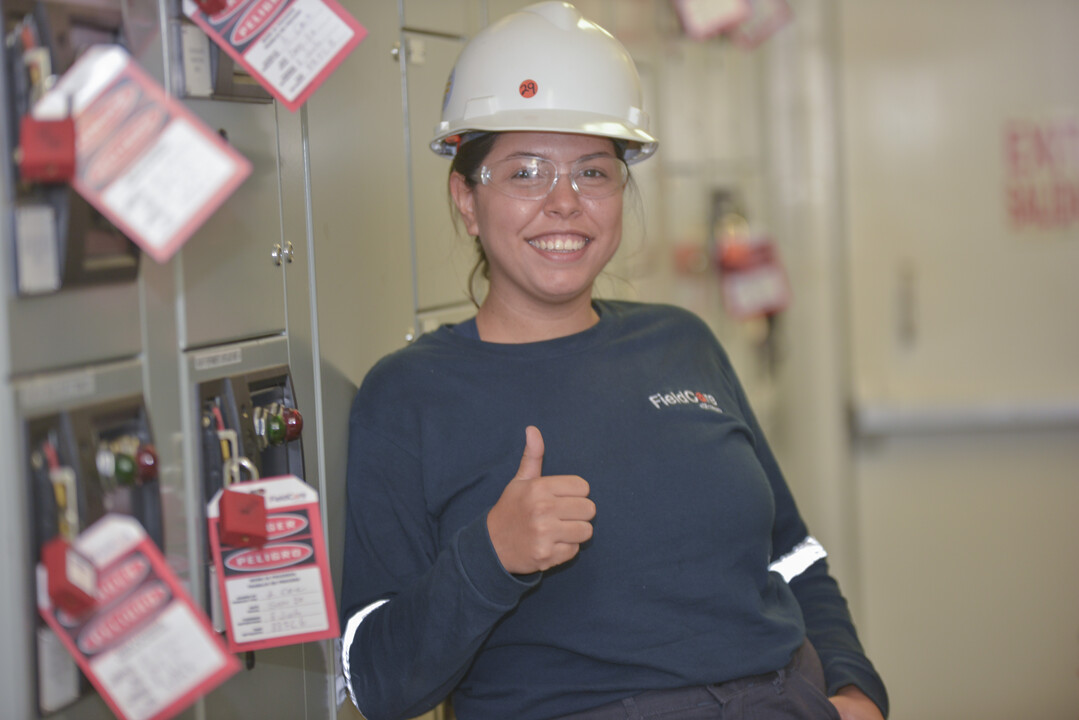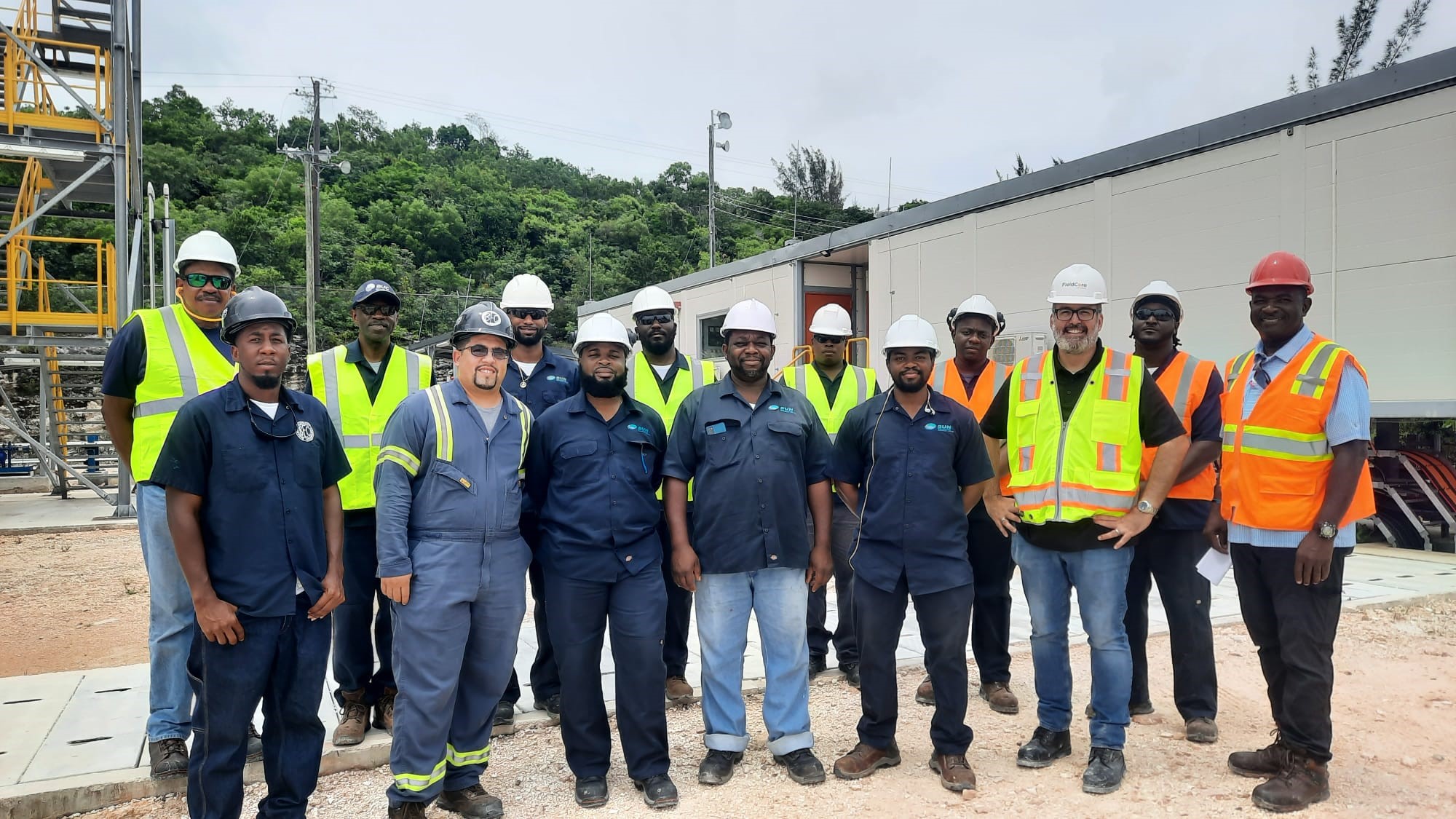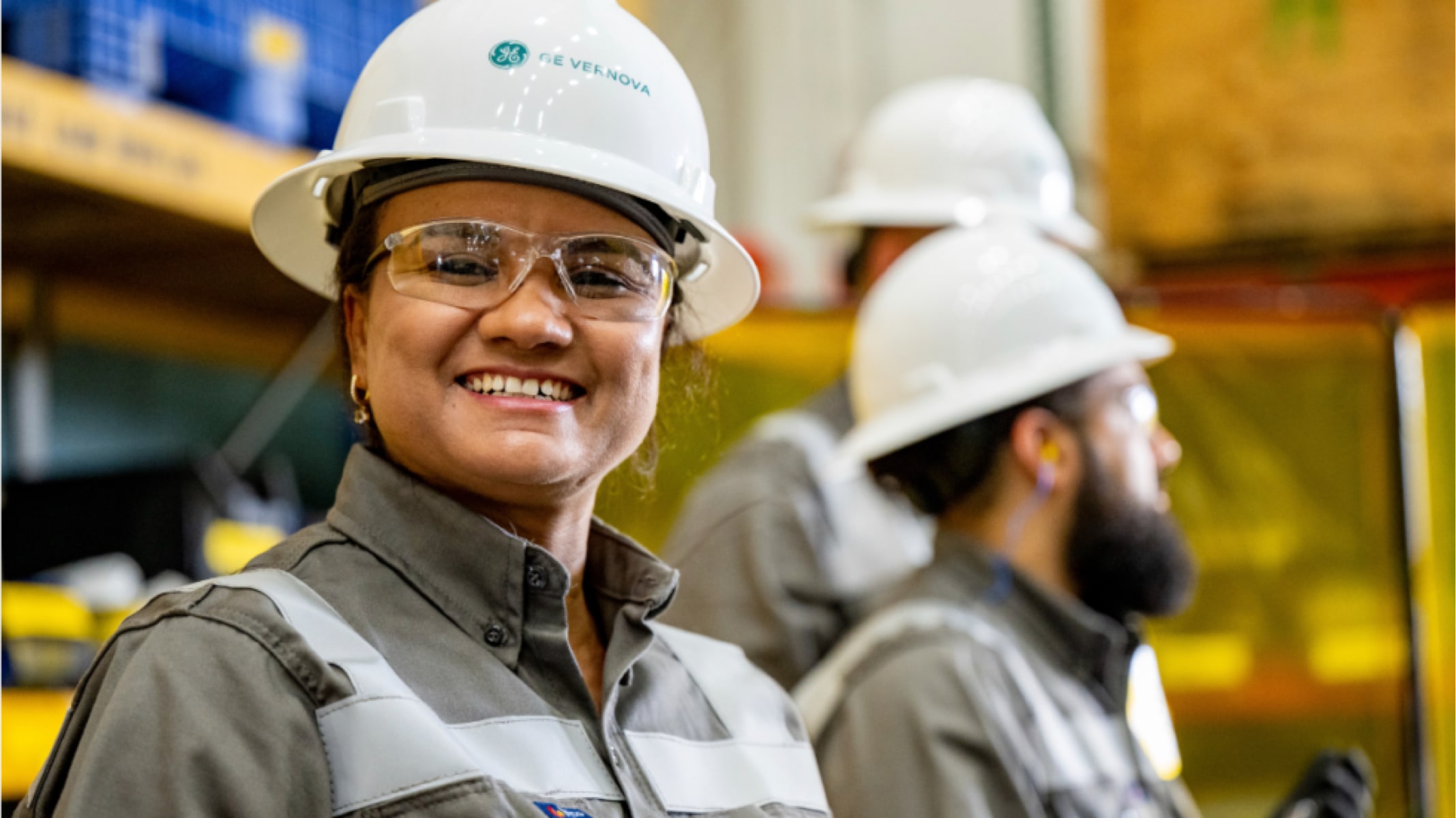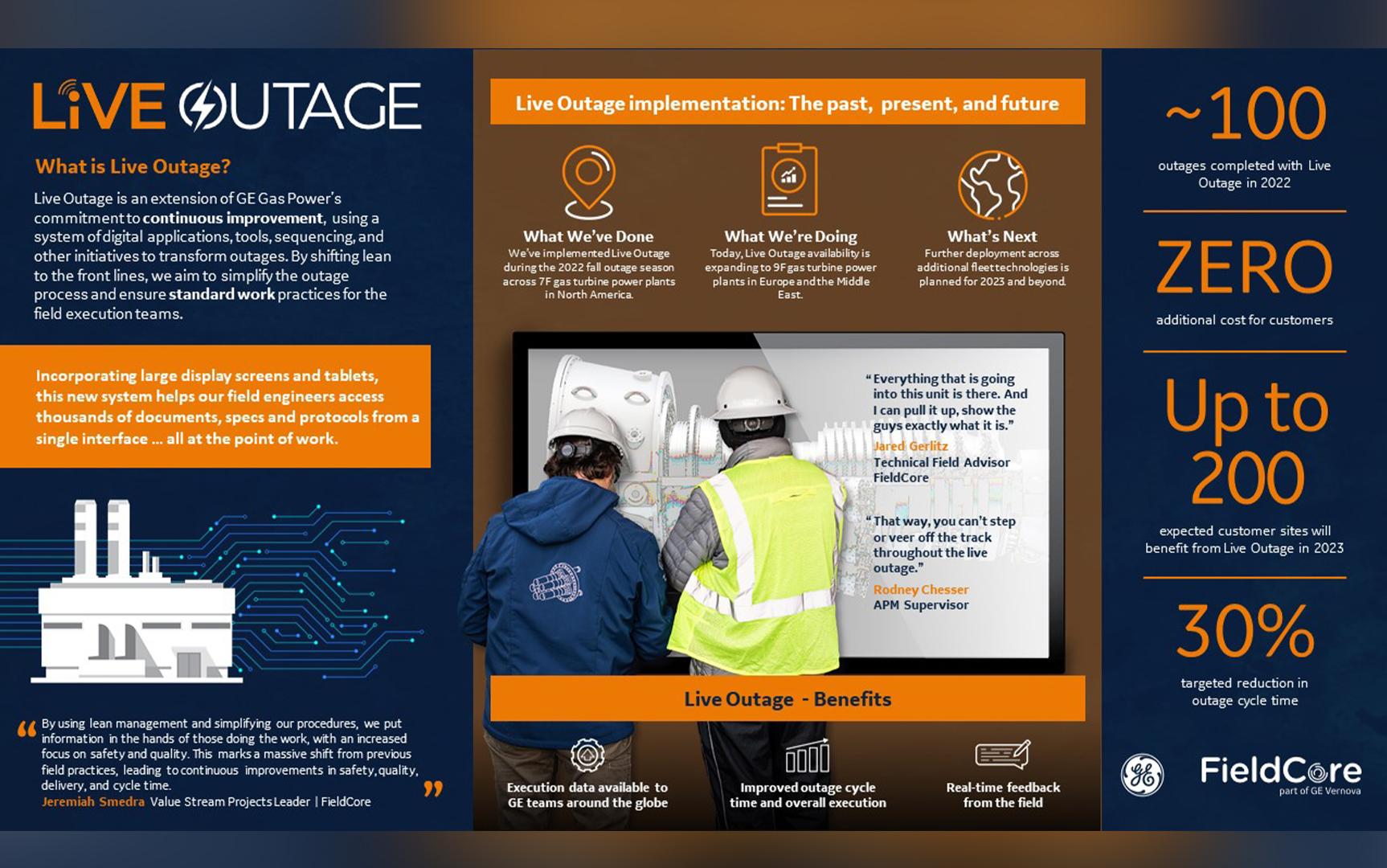.
And here we are, closing October, Global Diversity Awareness Month. This October 2020 specifically will remain in FieldCore’s history: an impressive team of female engineers successfully completed the first ever major maintenance outage on a power plant led entirely by women. I invite you to read more about it here.
Despite being personally extremely excited and proud of the team, my attention shifted from the accomplishment itself to observing the reactions all around. To summarize, there are two main buckets of reactions:
Group 1: People who are extremely positive and supportive.
Group 2: People who are clearly surprised any of this happened at all.
It’s important to say that there is a large overlap between Group 1 and Group 2.
The level of surprise around this job was what made me pause. I heard from different people a very similar question “Was the crew all female naturally or was it by design?” and my overly candid answer to one of them was “It is more likely for an airplane to fall on our heads right now than for this to have happened naturally”. Even the fact most people were so surprised shows there is nothing natural about this yet. This is very similar to what late Ruth Bader Ginsburg meant when she said:
“When I’m sometimes asked when will there be enough [women on the Supreme Court] and I say, ‘When there are nine,’ people are shocked. But there’d been nine men, and nobody’s ever raised a question about that.”
A lot has been written about unconscious bias. The human brain has a natural tendency to look for patterns, associations and mental shortcuts to sort through an overwhelming amount of data and make sense of a very complicated world. Mostly outside of our awareness and control, unconscious bias is far more prevalent than conscious prejudice and often incompatible with people’s conscious values. Group 1 is a case in point about conscious values: I don’t think anyone in my organization or similar corporations will, within their conscious beliefs, be negative against people delivering results because they are different from them.
So if mostly everyone in their conscious minds agrees it is such a positive event, why are most people (Group 2) so surprised at the same time?
Many companies have been actively working to combat unconscious bias by means of more robust processes, training, hiring and promotion practices in an effort to ensure fair employment. All of this is necessary but not sufficient. At the end of the day, a company with the best intentions, processes, and trainings will still be composed by humans and their biases they acquired since childhood. This is why Group 2 reacted surprised: this type of job in this type of industry led by women is a mismatch when compared to their own stereotypes. It is just human nature and nothing that can be systematically eliminated.
So should we all just give up right now? Absolutely not.
Even if we should all accept that we are not going to live in a world 100% free of biases (unless we have a science fiction style AI take over – I hope not…) how can we get to equal opportunity or get there faster? I see mainly 2 avenues of change:
1) Human biases will (slowly) shift:
Biases do change and will continue to do so slowly, over several generations, as society evolves. We can accelerate this change by not perpetuating stereotypes through our speech or “innocent” humor, by deliberately raising the next generation not to have the same quirks we now find hard to get rid of, by empathetically asking rather than projecting our own preferences on others (and accepting their answers if different).
2) Corporate representation must continue to increase:
Representation itself can generate the blend of “counter” biases that in the aggregate will emulate society in its current state (the good and the bad). For example, if we have more diverse people in hiring positions, they will have their own biases, but they are all different and will balance each other out. Representation, in this argument, is not the target itself, but an accelerator towards self-sustainable diversity. From this perspective inclusion initiatives (robust, fair and merit based) are necessary, even if controversial to some.
These avenues are not mutually exclusive, on the contrary, they reinforce each other: a child that grows in a world where mommy is a CEO will not be surprised by another woman being CEO or a leader in their adult life. The child will never have acquired that bias.
In other words, when the workplace reflects society at large, it will still not be stripped off its biases. However, with time, biases will shift, and this shift can be accelerated by having more diverse representation of well performing diverse professionals at all levels of organizations today.
I do want to acknowledge that we are making progress: What these women collectively achieved during this outage is a big statement and by all means let’s celebrate them. However I dare to say on behalf of the professional ladies out there: “Thank for all your support! But we want to see the day when we get just a ‘Good job’ and not much more”. Until this day, when no one is surprised about the fact that we can do the job, when it feels natural for everyone and not just to us, we need to keep our heads up and resiliently work for this transformation. All hands on deck.






